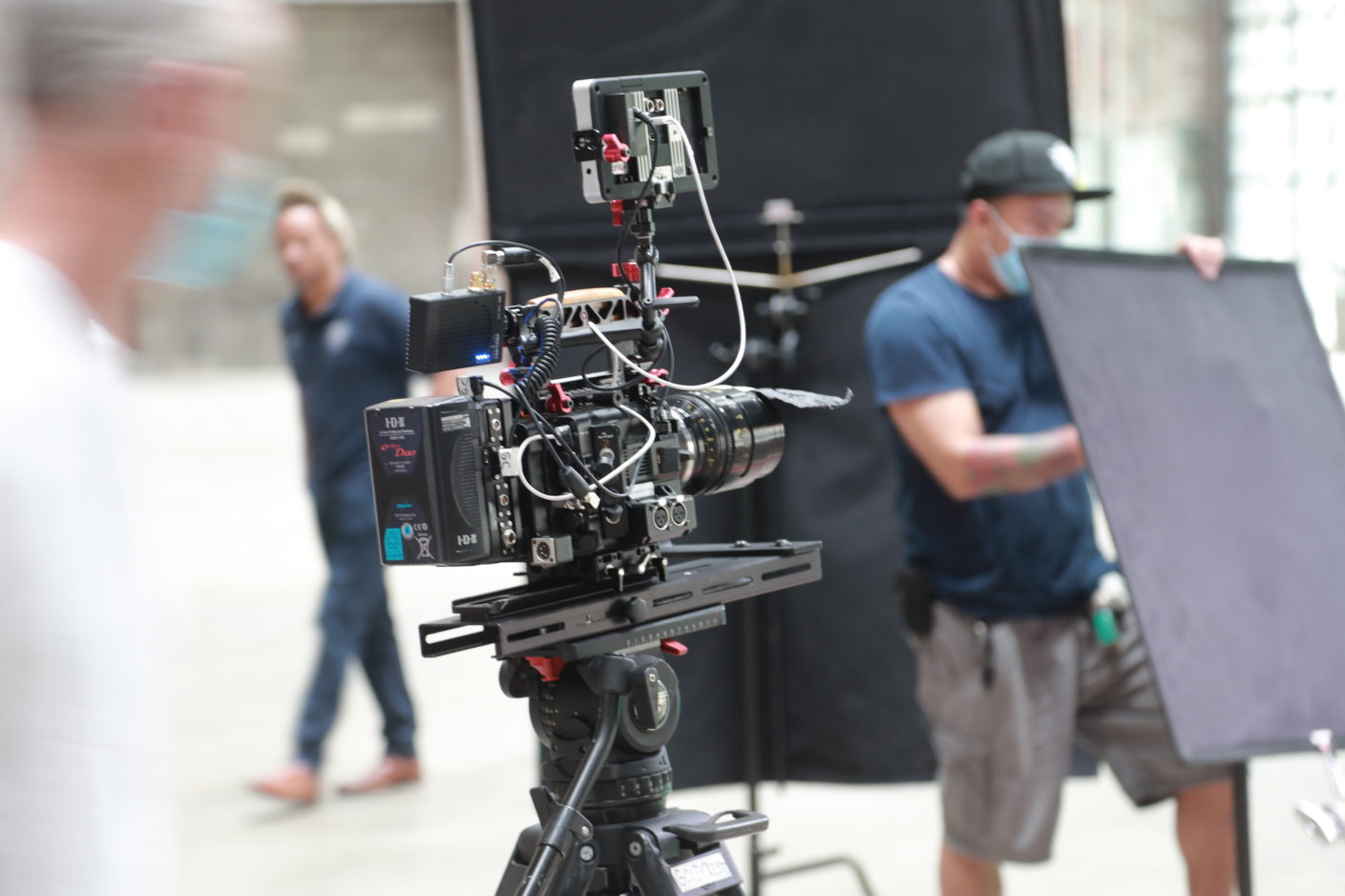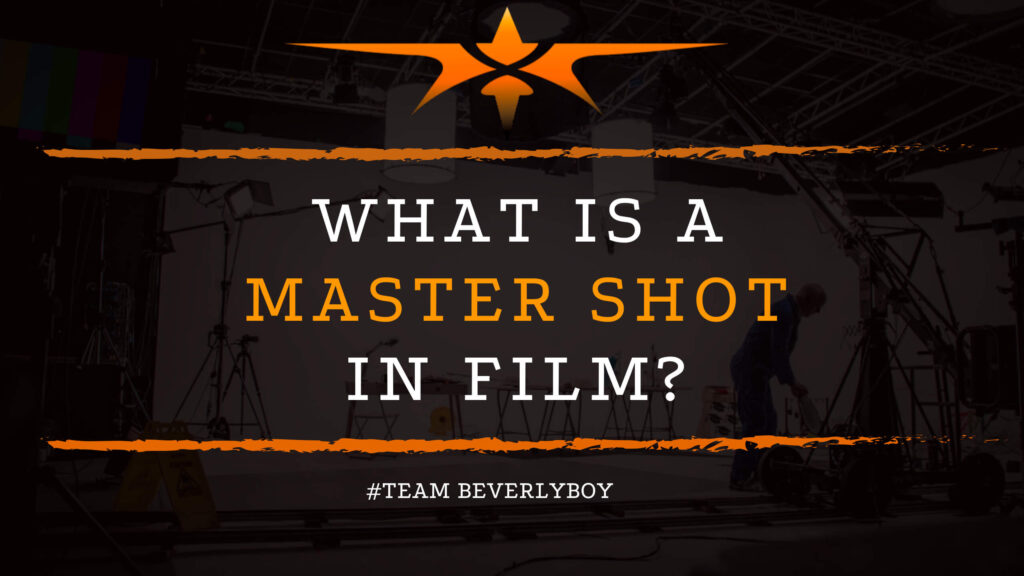What is a Master Shot in Film?
You’ve planned the perfect scene. And you’re ready for it to play out in front of you. All that’s left to do is film the scene, in its entirety. Capturing the glory that is what you just created. In filmmaking, shots like this come up frequently in the dramatization of a particular scene. They’re referred to as a master shot. But, exactly what is a Master shot in film and how is it achieved?

What is a Master Shot?
The master shot can be defined as a single, continuous shot of a scene that is captured in its entirety. In order to convey all of the necessary information that can be delivered by the particular scene.
The master shot’s purpose is simple. It’s to cover every bit of the scene. So that it can be used in editing to eliminate any gaps in your footage later on.
The master shot has the power to immerse the audience into a cinematic experience. That effectively captures all of the action that transpires within a scene.
The master shot is generally a long, all encompassing shot that captures all or very nearly all of the action taking place in the scene.
Shooting the Master Shot
Many filmmakers that are new to the industry mistakenly believe that the master shot must be a wide shot that is filmed from a tripod. This couldn’t be more wrong! Shooting the master shot does not require a wide shot.
And it certainly doesn’t have to come from a fixed, tripod style point that remains stationary for the duration of the shoot!
In fact, although it is perfectly acceptable to capture the master shot from a stationary tripod set to capture a wide view. There are many other ways of shooting the master shot.
What the Pros Do
Most importantly, when shooting the master shot the filmmaker must capture most of the action taking place and they need to capture the entire duration of the scene.
Thus, a professional cinematographer has the full ability to alter the view. And the framing of the action within the scene at their (or the director’s) discretion.
Does Every Scene Need a Master Shot?
Not necessarily. But capturing a master shot of any scene that includes a lot of action is both good technique. And ideal if you’ve got enough time on the set to do so.
As we look at finalizing our answer to the common question, “What is a master shot in film?” It’s important to consider all the great uses for a master shot.
By capturing the master shot, you’re giving your editor a dramatization of the entire scene, from start to finish. You’re also providing them with footage that they can incorporate into the scene as needed should any of your other shots.
In Summation
Shots such as your close ups or your high angle shots, fail to provide enough coverage. Or should there be something missing in the overall narrative that the editors feels needs to be included.
The master shot, as complex as it is, can provide many incredible uses for your editor and represents an ideal way of establishing the attention of your audience.


